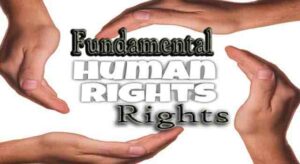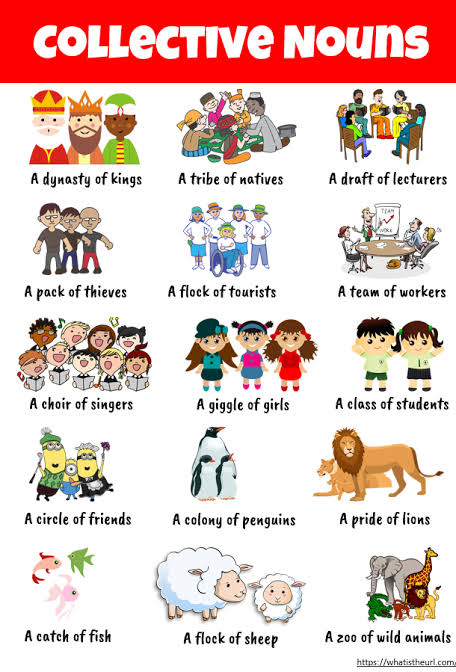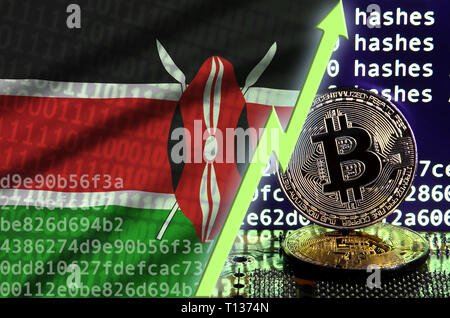
Rights are typically those things you are automatically entitled to without any struggle for it. As a citizen of a particular country, those things you are naturally entitled to are your rights.
So what is Fundamental Human Right?
Fundamental Human rights are those rights that are naturally accruable to every person by virtue of his or her existence as a human being.
Fundamental Human rights are such freedoms which are expressed in or guaranteed by basic pre-eminent laws.
Human rights are those legal entitlements which every citizen should enjoy without fear.
The Fundamental Human Rights is contained in the Nigerian constitution and these are they below:
Right To Life
Each person has a right to life and no one shall be deprived of his life, save in execution of a criminal offence of which he has been found guilty in Nigeria.
Right To Freedom of Movement
Each person is entitled to move freely and reside in Nigeria and no citizen shall be expelled from Nigeria.
Right To Freedom of dignity of Human Person
Each person is entitled to respect for the dignity of person and no person shall be subject to torture or to any maltreatment.
No person shall be held in slavery or regarded to perform forced labor.
Right to Fair Hearing
Impartiality is not entertained as each person is entitled to fair hearing within a reasonable time by the court or other tribunal established by law.
Right to Personal Liberty
Each individual shall be entitled to his personal liberty and shall be deprived of such liberty, save in the following cases and in accordance with a procedure permitted by law.
Any body that is arrested or detained have the right to remain silent or avoid answering any question until after consultation with legal practitioner.
Also, anybody who is arrested or detained shall be informed withing twenty-four hours of the reasons for his arrest.
Right to Vote and be Voted for In Any Election
Each individual who is a citizen of the country shall be entitled to actively participate in any election as long as the regulations of the electoral regulatory bodies are met.
Right to Education
Each individual in the country shall be entitled to the right to obtain education in any part of the country without restriction or discrimination.
Other rights include
- Right to compensation for property compulsorily acquired
- Right to Private and family life
- Right to freedom of thought, conscience and opinion
- Right to peaceful assembly and association
- Right to freedom from discrimination on the grounds of sex, race, tribe, creed or political opinion
History of Human Rights In Nigeria
The history of human rights in Nigeria is dated as far back as the advent of colonial era. Human rights were recognized in the traditional Nigerian societies. The idea of rights was not conceived in the modern notion. Such values as right to family, freedom of speech right to enjoy private property and right to participate in governance of the affairs of the society were jealously guarded.
In the Northern part of Nigeria were the Sharia legal system was firmly established, the human rights and fundamental freedoms were specifically protected and guaranteed in accordance with the belief and principle of Islam which hold justice and equity in high esteem.
Colonialism had gradually faded traditional values and denied Nigeria’s political and economic rights until 1922 through the Clifford constitution that limited Franchise was introduced for the first time in Nigeria by the British colonial master. The struggle for better political participation by early Nigerian nationalists led to enhanced political rights in the pre-independence constitutions culminating in the Lyttleton constitution of 1954.
The establishment of fundamental human rights in the modern era could be trace to 1960 Independence Constitution and those that followed.
READ ALSO Top 100 Universities In Nigeria & Their Rankings Globally
5 Nigerian Grammy Award Winners You Probably Haven’t Heard Of | Bio & Photos
List Of Agencies Responsible for the Protection of Human Rights In Nigeria
For the human right to be strictly adhere to, there are some agencies which are responsible for its protection and they include:
- Constitutional Rights Project – Founded in 1990 to promote rule of Law in Nigeria.
- Nigerian Center for Human Rights and Development – founded in 1995 to promote democracy and enforcement of rights.
- Human Rights Monitor – Founded in 1992 to promote human rights.
- Institute for Dispute Resolution – founded in 1999 to promote peaceful conflict resolution.
- Human Rights Law Services (Hurilaws) – established in 2007.
- Youths for Human Rights Protection And Transparency Initiative.
Challenges of Human Rights in Nigeria
There are just numerous challenges facing the Human rights and we shall be highlighting few of them below.
- Challenges of Democracy and the Rule of Law
The universal declaration of Human Rights had claim that the will of the people shall be the basis of the authority of governments. In a society where there is discrimination and injustice, there is absolutely no chance of a better development.
A society which the rule of law prevails is one in which the people has a right to fair hearing.
- The Challenges of Justice and Empowerment for Women
Women are supposed to be allowed to participate full in the government but a society where women are seen are as the weaker ones, it brings about underdevelopment and injustice.
- The Challenge of Poverty
Human rights are for all irrespective of your position whether rich or poor. Today many of the citizens in the country are suffering from rights deprivation and indignity as a result of poverty.
- The Challenge of Prevention
They say prevention is better than cure. One of the challenges we faced in Nigeria is prevention of gross violations of human rights.
Everything You Should Know About Content Marketing
Understanding Google Analytics Heat Map
Limitations of Human Rights
In some situation, there are certain conditions that can limit the enforcement of fundamental human rights and here are they below:
- In the event of war, the government may declare a state of emergency and this will limit the freedom of movement, association and expression.
- Forceful acquisition of property such as land for state limits the citizens right of ownership of property.
- The rights of an individual could be legally curtailed by the government if the person violates the law of the land for example when a person is found guilty for an offence and sentenced to prison, it limits the fundamental human right of freedom of movement.
- Sometimes, a citizen rights may be limited due to rights of the society. Societal rights may affect human rights in some cases.




